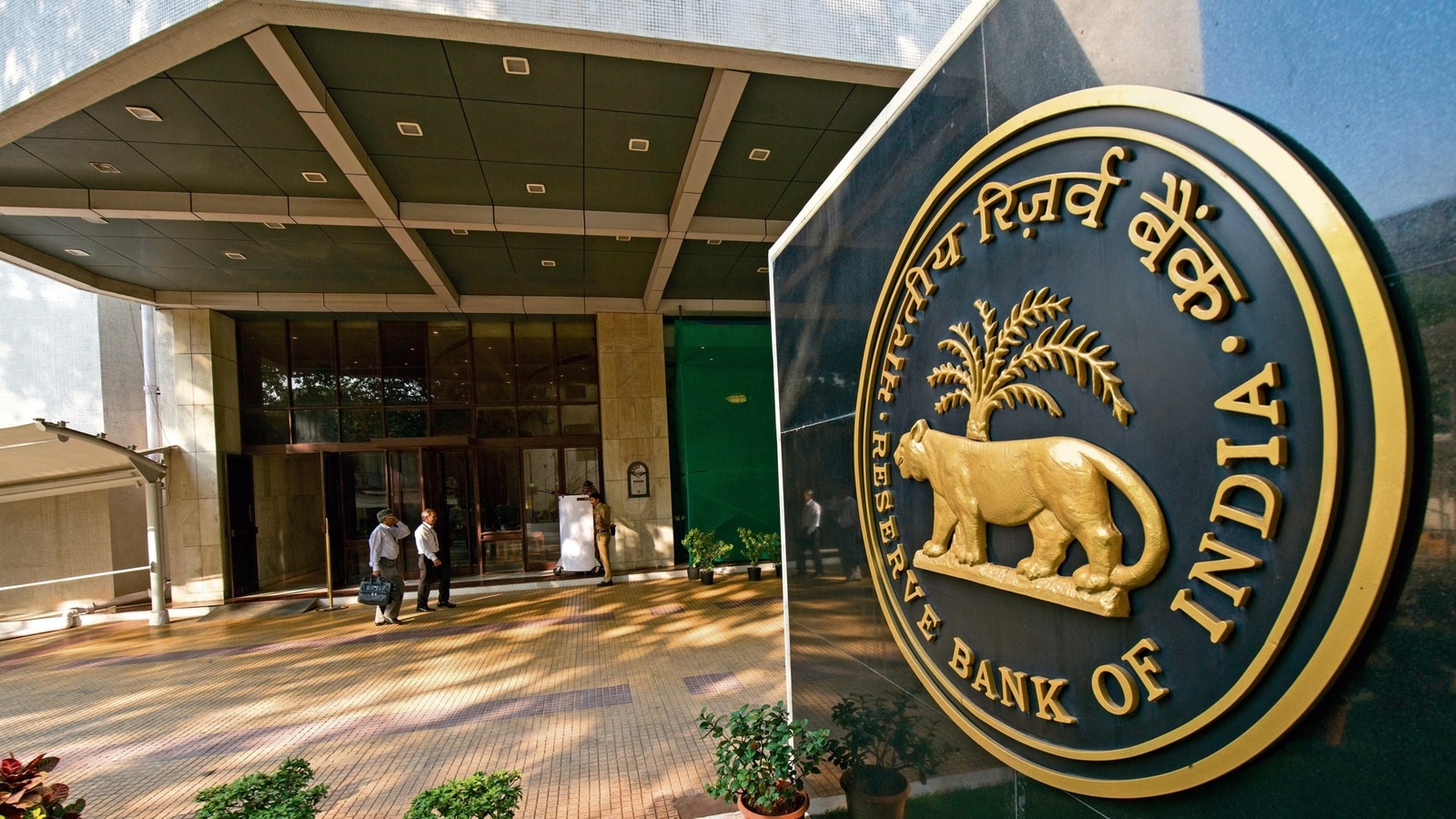With the RBI’s mandate (new mandate by the Reserve Bank of India) effective from July 1, 2024, requiring all credit card bill payments to be routed through the Bharat Bill Payment System (BBPS), the landscape of digital payments is set for a significant shift. This regulation aims to enhance security and standardize the payment process. However, it also poses challenges for third-party payment apps such as CRED, PhonePe, Amazon Pay, and Paytm. These challenges are particularly significant for customers of major banks like HDFC, ICICI, and Axis that are not yet BBPS-compliant.
Banks Affected by RBI’s Mandate
| Bank Name | Third-Party App Usage Status | Key Terms and Conditions |
| HDFC Bank | Stopping | Introducing a 1% fee on rental and educational transactions via third-party apps, capped at ₹3,000 per transaction. Additional fees for high-value utility and fuel transactions. Increased annual and renewal fees for specific credit cards. |
| ICICI Bank | Stopping | Not yet integrated with BBPS, leading to service disruptions for credit card bill payments via third-party apps. New charges for various transactions are likely to be introduced. |
| Axis Bank | Stopping | Similar to HDFC and ICICI, Axis Bank is not yet BBPS-compliant, leading to interruptions in third-party app payments. Revised fee structures are expected. |
| Bank of Baroda | Continuing | BBPS-compliant, ensuring smooth transactions through third-party apps. Expected to maintain current terms with possible enhancements in service. |
| Kotak Mahindra Bank | Continuing | As a BBPS-compliant bank, Kotak Mahindra will continue supporting third-party app payments, possibly enhancing user experience with additional benefits. |
| IndusInd Bank | Continuing | Integrated with BBPS, allowing for seamless credit card bill payments via third-party apps. No major changes are anticipated. |
| Federal Bank | Continuing | BBPS-compliant, ensuring uninterrupted service through third-party apps. Likely to keep current terms and conditions with potential improvements. |
| Canara Bank | Continuing | Will continue to support third-party app payments due to BBPS integration, maintaining a stable payment environment. |
| RBL Bank | Continuing | BBPS-compliant, enabling smooth transactions via third-party apps. Expected to uphold existing terms and conditions. |
| AU Small Finance Bank | Continuing | Integrated with BBPS, providing uninterrupted third-party app payment services. Terms and conditions are likely to remain consistent with possible enhancements. |
Impact on 3rd Party Payment Apps due to RBI’s Mandate
Immediate Disruptions and Adaptation
The immediate effect of the RBI’s mandate is the disruption of services for credit card holders of non-compliant banks. Customers who have grown accustomed to the convenience of using third-party apps for their credit card bill payments will now need to find alternative methods, at least until their banks integrate with the BBPS platform. This presents a significant challenge for third-party payment apps, which must quickly adapt to retain their user base.
Increased Pressure on Compliance
For fintech giants like CRED and Google Pay, the mandate increases the pressure to ensure seamless transactions for users of BBPS-compliant banks. These platforms will need to develop strategies to maintain service quality and customer satisfaction. This may include expanding their services, offering additional benefits, or finding innovative ways to work around the new restrictions.
The Pros and Cons of the New Mandate
Advantages for Users
- Enhanced Security: Routing payments through BBPS increases transparency and reduces the risk of fraud, providing a safer environment for users.
- Standardized Payments: A uniform platform for bill payments reduces errors and discrepancies, ensuring smoother transactions.
- Better Consumer Protection: Centralized payments can lead to improved data protection and quicker resolution of disputes, benefiting consumers.
Disadvantages for Users
- Additional Costs: New fees on various transactions, such as rent and utility payments, will increase the cost burden on users.
- Limited Options: Users reliant on third-party apps for bill payments will have fewer choices if their bank is not BBPS compliant, affecting their payment routines.
Strategic Moves for Third-Party Apps
Strengthening Partnerships
To navigate these changes, third-party apps could focus on strengthening partnerships with BBPS-compliant banks. By collaborating closely with these institutions, they can ensure uninterrupted service for a broader user base and potentially expedite the integration process for non-compliant banks.
User Education and Communication
Effective communication with users about the changes and their implications is crucial. Providing clear and timely information on how to continue using the apps for other services can help mitigate the impact of disruptions. Guiding users through new payment processes is also essential. These steps will help maintain user trust during the transition.
The RBI’s mandate marks a significant shift in the digital payment ecosystem. This presents both challenges and opportunities for third-party payment apps. The initial disruptions may pose difficulties for users and fintech companies alike. However, this period of transition is also a time for innovation and strategic growth.

